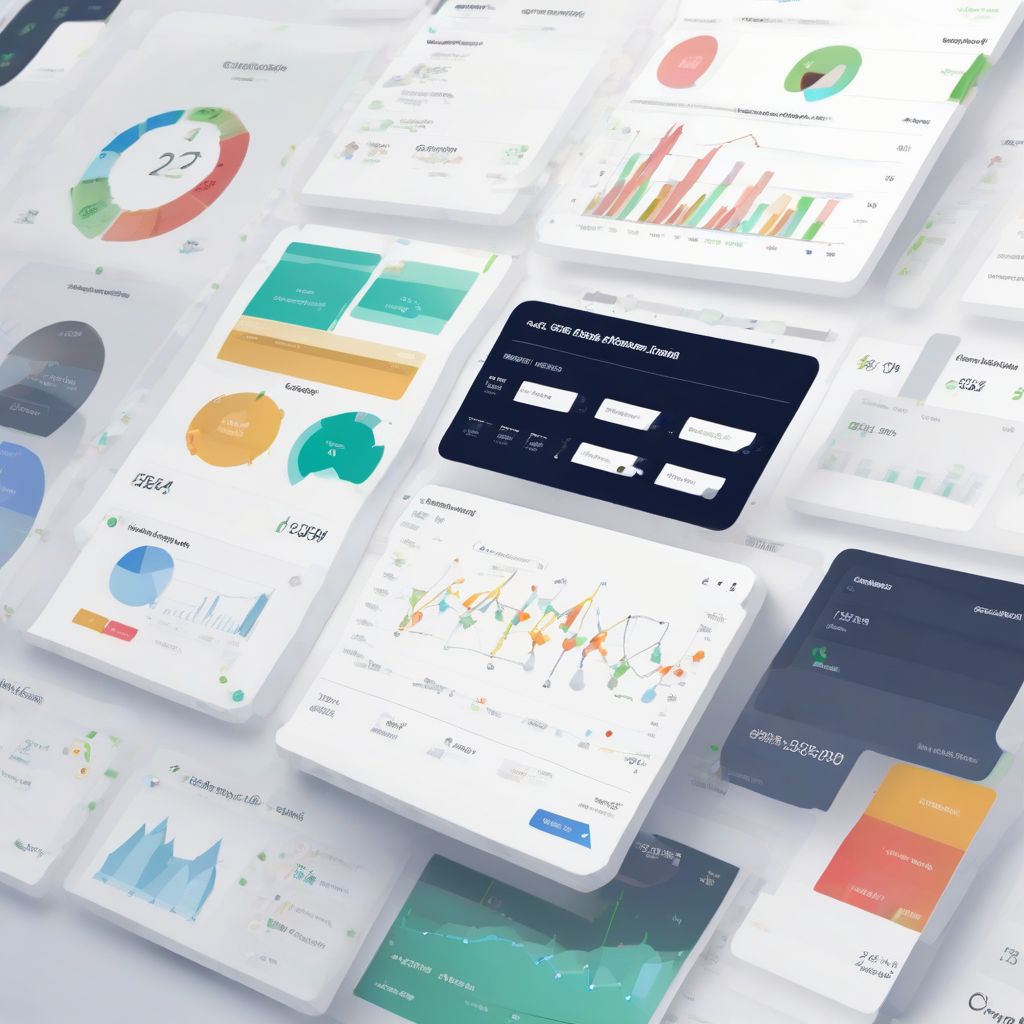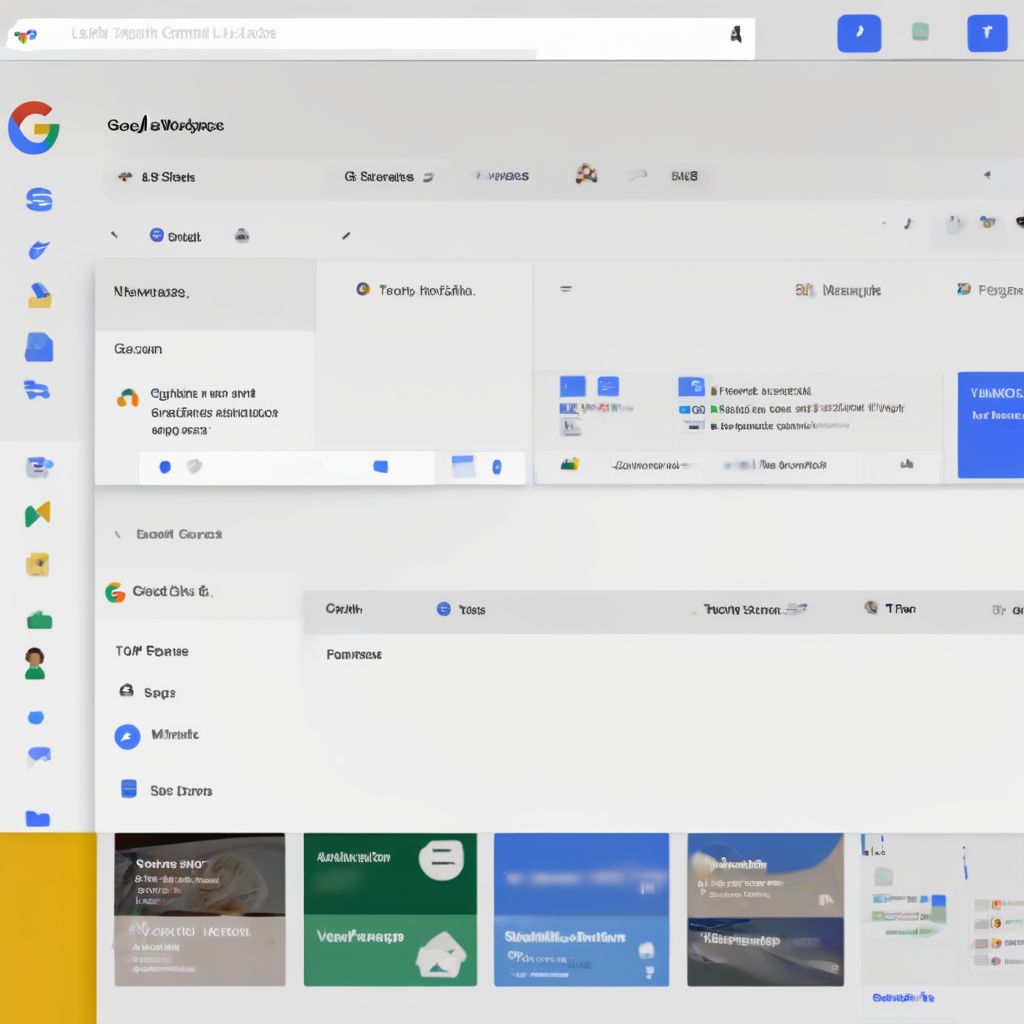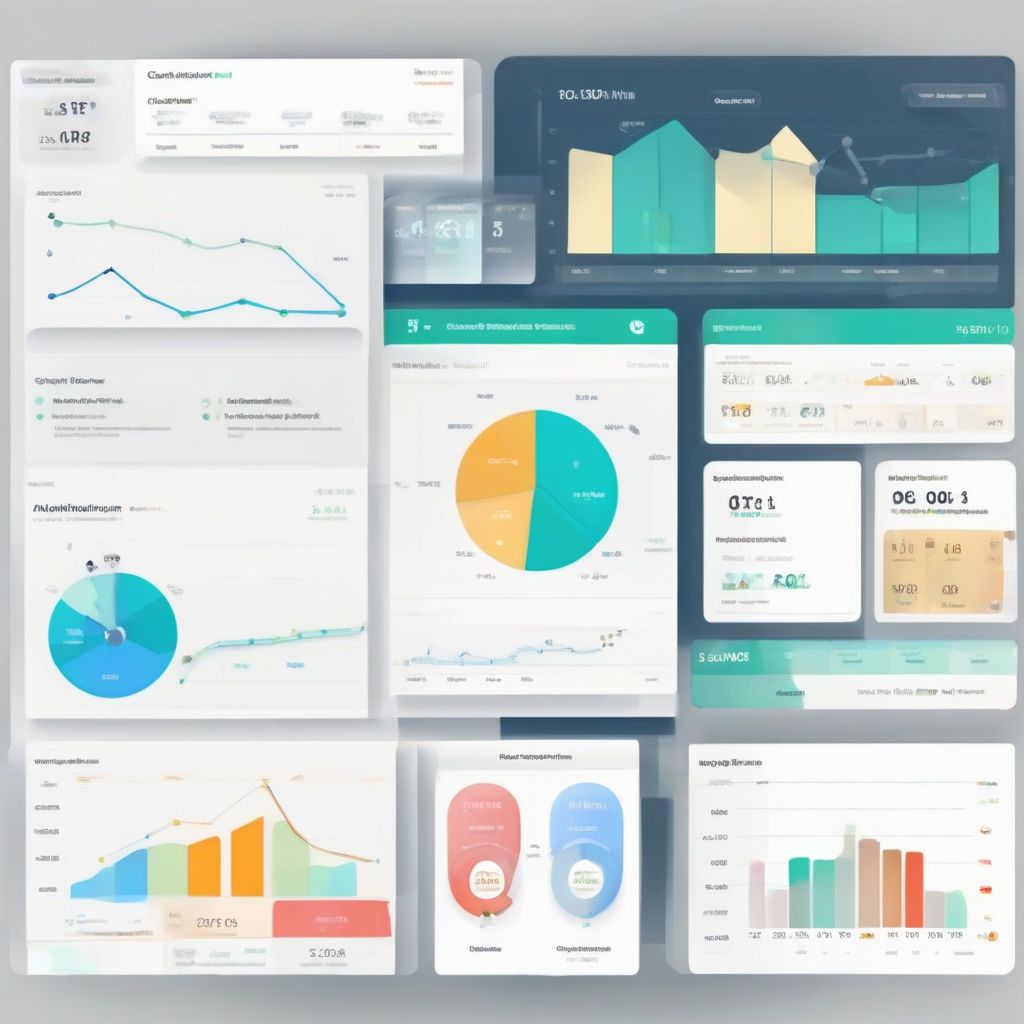In today’s competitive business landscape, establishing strong customer relationships is paramount to success. A key tool that enables businesses to achieve this is a Customer Relationship Management (CRM) system. But what exactly is a CRM system and why is it so important?
Understanding Customer Relationship Management Systems
In essence, a CRM system is a centralized platform designed to manage all interactions with current and potential customers. Think of it as a digital Rolodex on steroids. It goes far beyond just storing contact information, encompassing various touchpoints throughout the customer lifecycle.
Key Features of a CRM System
- Contact Management: This is the heart of any CRM, allowing you to store detailed information about your customers, from basic contact details to interaction history and purchase records.
- Sales Management: Track leads, opportunities, and sales performance all in one place. Forecast future sales, analyze sales trends, and improve sales process efficiency.
- Marketing Automation: Automate repetitive tasks like email campaigns, lead nurturing, and social media engagement. Segment your audience for targeted messaging and personalized experiences.
- Customer Support: Provide top-notch customer service with a centralized platform for managing tickets, tracking issues, and resolving customer queries efficiently.
- Analytics and Reporting: Gain valuable insights from data gathered through the CRM. Track key metrics, generate reports, and make data-driven decisions to optimize your business strategies.
 CRM Dashboard
CRM Dashboard
Why is a CRM System Important?
“CRM is not just technology, it’s a strategy to learn more about customers’ needs and behaviors in order to develop stronger relationships with them.” – Lindsay Gill, Marketing Expert
Implementing a CRM system can have a profound impact on your business, leading to:
- Improved Customer Relationships: By understanding your customers better, you can personalize interactions, anticipate their needs, and build stronger relationships, fostering loyalty and advocacy.
- Increased Sales and Revenue: Effective lead management, sales tracking, and marketing automation capabilities drive sales growth and boost revenue generation.
- Enhanced Productivity and Efficiency: Streamline processes, automate tasks, and eliminate data silos, allowing your team to focus on high-value activities.
- Data-Driven Decision Making: Access to real-time insights and comprehensive reports empowers you to make informed decisions based on data, optimizing your strategies for optimal results.
- Competitive Advantage: In today’s customer-centric market, a robust CRM system can set you apart from competitors by enabling you to deliver exceptional customer experiences.
Common Questions about CRM Systems
How much does a CRM system cost? CRM pricing varies depending on factors like the number of users, features required, and deployment model (cloud-based vs. on-premise).
What are some popular CRM options available? Leading CRM providers include Salesforce, HubSpot, Microsoft Dynamics 365, and Zoho CRM.
Do I need technical expertise to use a CRM system? Most modern CRM systems are designed with user-friendliness in mind. However, some level of training and support may be required for optimal implementation and utilization.
Conclusion
In a nutshell, a CRM system is an indispensable tool for businesses seeking to thrive in today’s competitive market. By enabling you to manage customer interactions effectively, streamline processes, and gain actionable insights, a CRM system empowers you to build lasting customer relationships and drive sustainable business growth.


